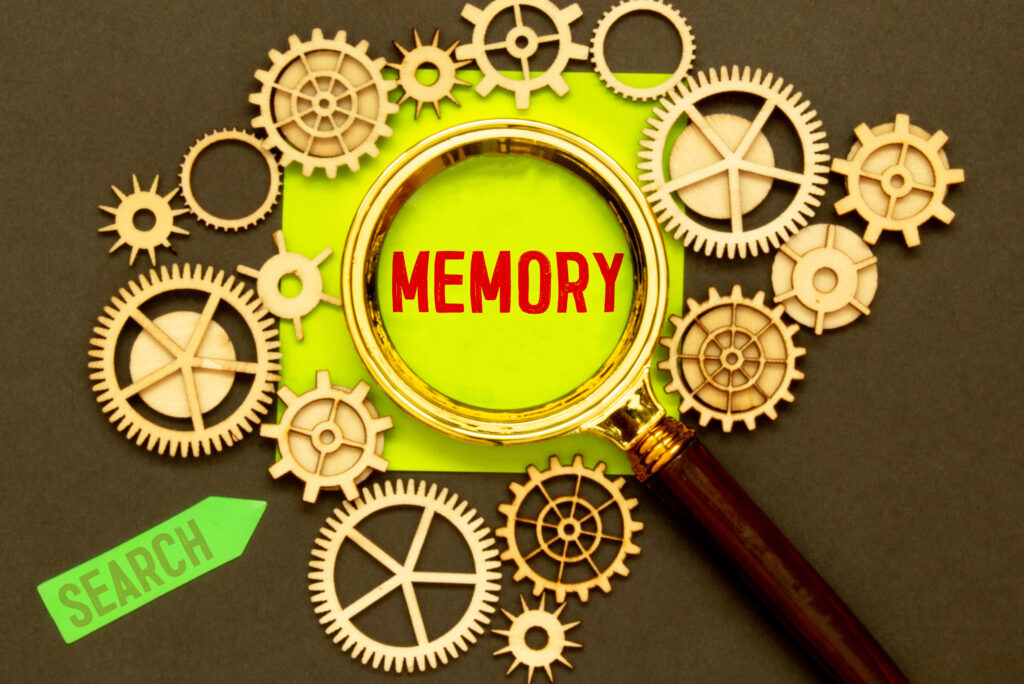
Humans categorize memories into various compartments. Fun is a category that actually increases memory duration and accessibility and has been found to be good for mental health.
Memory triggers, Good LMS, Learning Management System, Learning, Positive Memory Triggers
Memory Triggers versus Memory Blocks
Memory triggers, often referred to as cues or prompts, are powerful tools that can enhance our ability to recall information, experiences, and emotions. These triggers work by activating associations in our brain, connecting new information with existing memories and facilitating the retrieval process. Whether it’s a familiar scent, a particular song, or a visual cue, memory triggers have the potential to unlock a wealth of memories and knowledge stored within our minds. People have memory blocks with negative associations and memory triggers with positive associations.
Quality of Memories Evoked by Memory Triggers or Positive Associations
One of the most intriguing aspects of memory triggers is their ability to evoke vivid recollections of past events or learning experiences. For example, catching a whiff of freshly baked cookies may transport us back to our grandmother’s kitchen, triggering memories of baking sessions and family gatherings. Similarly, hearing a familiar tune on the radio can instantly bring to mind the emotions and experiences associated with a particular time in our lives.
The Critical Importance of Positive Memory Triggers in Learning
Memory triggers play a crucial role in learning and education by helping us retain and retrieve information more effectively. By incorporating sensory cues or mnemonic devices into our study routines, we can strengthen our memory associations and improve our recall ability. For instance, visualizing vivid imagery or creating acronyms can help us remember complex concepts or lists of information more easily.
Opportunities to Invoke Positive Memory Triggers
Moreover, memory triggers can be valuable aids in professional settings, helping individuals recall key facts, figures, or procedures relevant to their work. In fields such as healthcare, finance, and engineering, where accuracy and precision are paramount, memory triggers can serve as essential tools for enhancing performance and decision-making.
Conclusion: Top Priority for Memory Triggers in Learning & Health Bonuses of Positive Memory Triggers
In addition to their practical applications, memory triggers can also have profound effects on our emotional well-being and mental health. Revisiting positive memories through triggers can boost mood, reduce stress, and promote feelings of nostalgia and gratitude.1 Conversely, recognizing negative triggers and learning to manage them can empower individuals to overcome past traumas or anxieties. In conclusion, memory triggers are fascinating mechanisms that hold tremendous potential for improving our cognitive function, enhancing learning outcomes, and enriching our lives. By harnessing the power of memory triggers, we can tap into the vast reservoir of knowledge and experiences stored within our minds, leading to greater insight, creativity, and personal fulfillment.
- Seligman, M. E. P., Steen, T. A., Park, N., & Peterson, C. (2005). Positive psychology progress: Empirical validation of interventions. American Psychologist, 60(5), 410–421.
- Fredrickson, B. L. (2001). The role of positive emotions in positive psychology: The broaden-and-build theory of positive emotions. American Psychologist, 56(3), 218–226.
- Lyubomirsky, S., King, L., & Diener, E. (2005). The benefits of frequent positive affect: Does happiness lead to success? Psychological Bulletin, 131(6), 803–855.